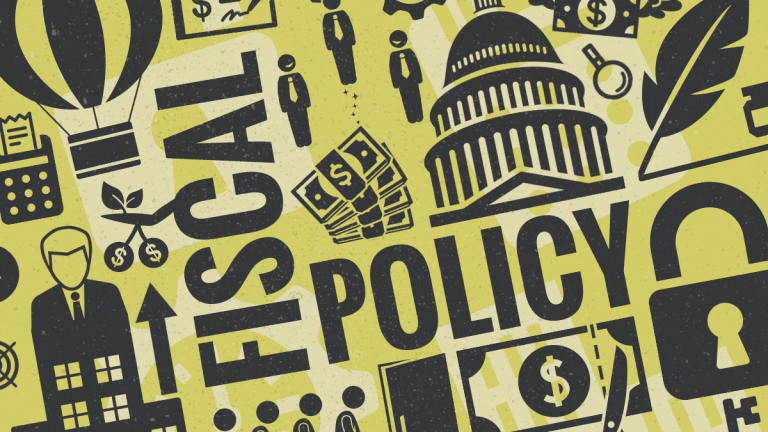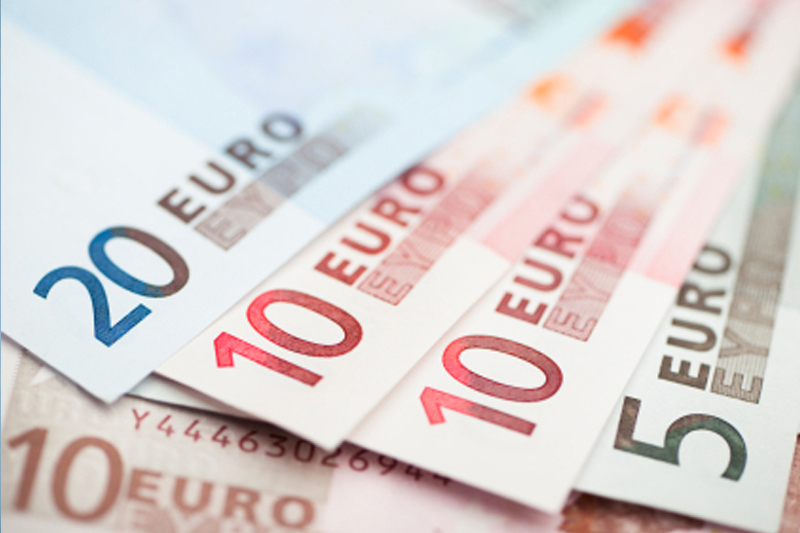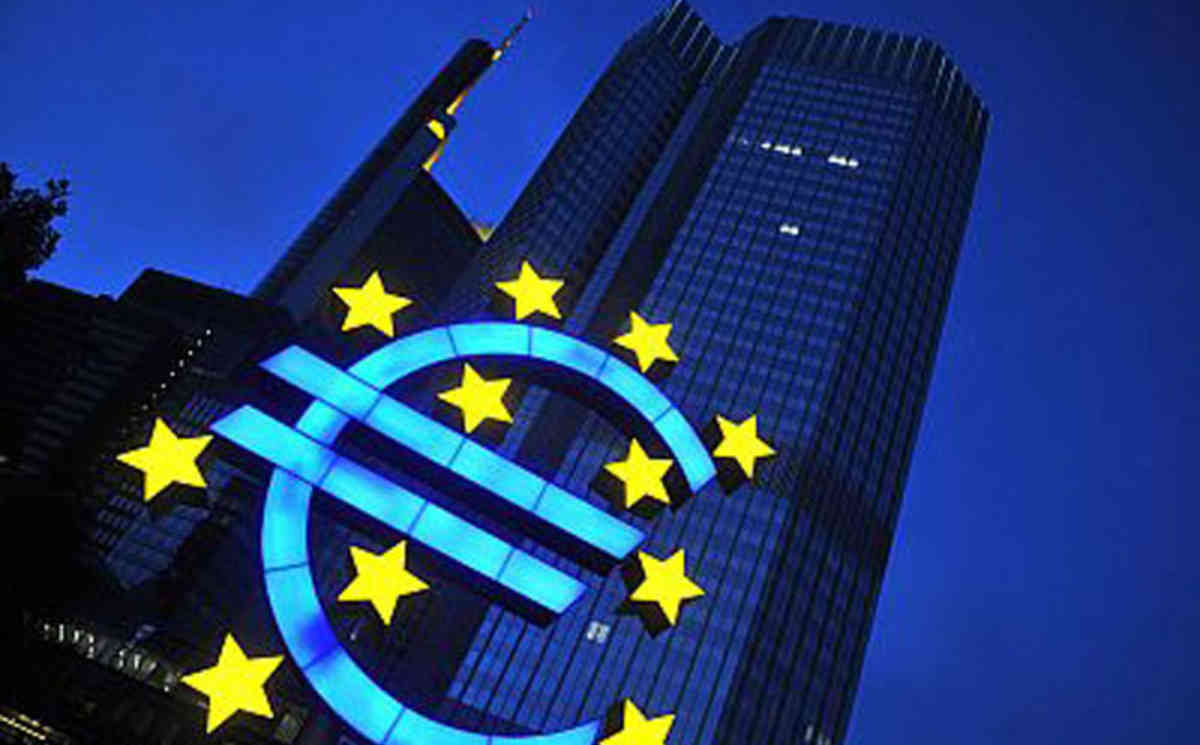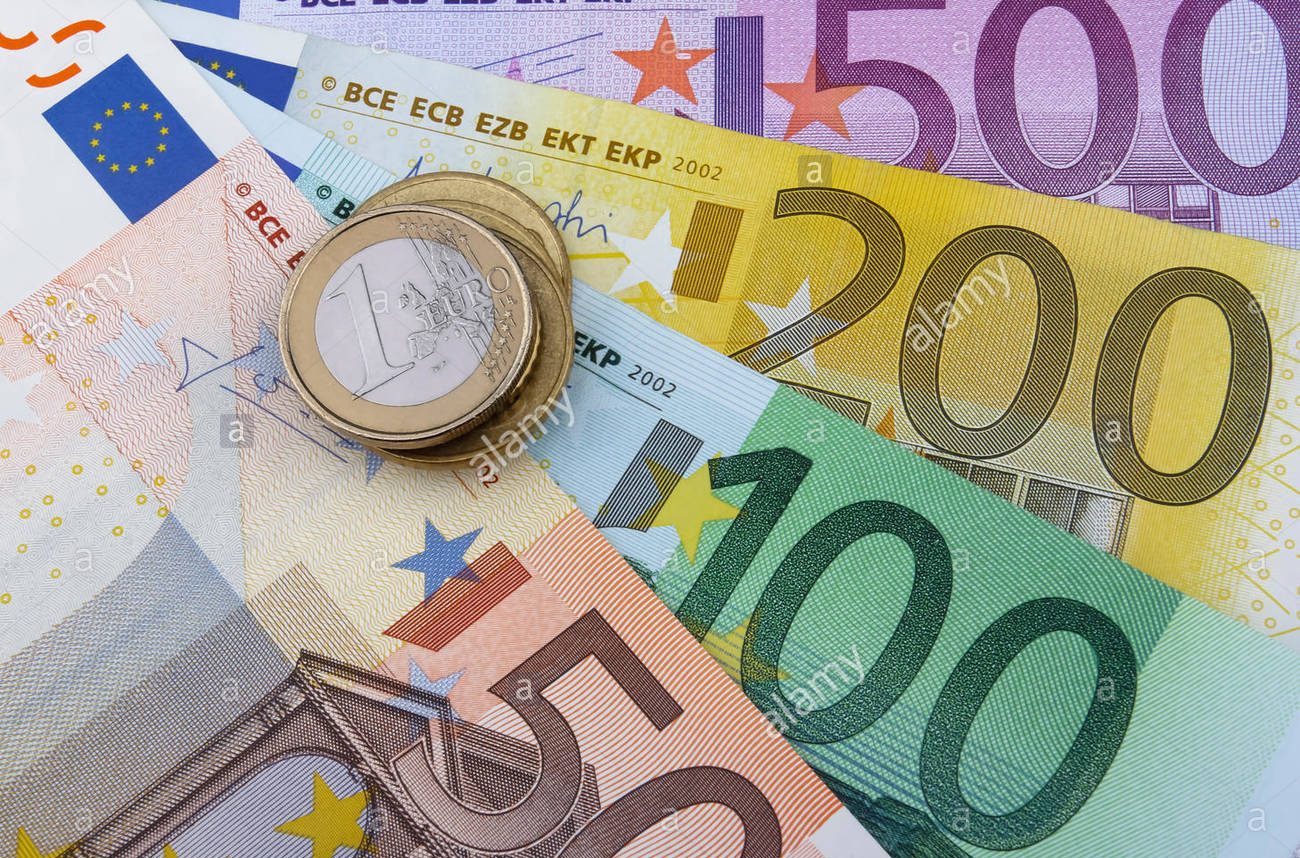Dear all,
I know some of you are closely monitoring the latest reforms in France.
Please find below a short comment on the decision to cut taxes on production. This is a major reform to support the industrial sector in this troubled period and a necessary move to reduce the competitiveness gap between France and Germany.
Summary: A key measure, part of the €100bn stimulus package unveiled last week by the new French government, has attracted a lot of attention in business circles. The government has proposed to cut taxes on production by €10bn each year until at least 2022. This measure should be enforced next year, but uncertainty remains whether it will be extended beyond 2022 (after the presidential election). Taxes on production have been regularly criticized by employers’ organizations for penalizing productivity and competitiveness. “It is a major announcement for the French economy. For decades, the industrial sector has been waiting for such a measure”, commented on Twitter the former head of the main employers’ organization in France, Laurence Parisot.
Taxes on production are higher in France than almost anywhere else in Europe: Taxes on production in France form a very heterogeneous set of compulsory levies that are mostly paid by companies but not only since property tax, which is paid by homeowners, is also labeled under this name in national accounting. Taxes on production refer to more than a dozen levies with low unit revenue yield.
Actually, 13 different types of taxes make up around 80% of total tax revenue. The most important taxes are the contribution sociale de solidarité des sociétés (C3S, corporate social solidarity contribution) on turnover, the cotisation foncière des entreprises (CFE, business property contribution) and the cotisation sur la valeur ajoutée des entreprises (CVAE, contribution on business value added) on business value-added. The C3S is particularly criticized by companies because the tax is applied at each stage of production, thus limiting incentives to localize the whole value chain in France and affecting productivity negatively.
Based on Eurostat data, taxes on production are higher in France than almost anywhere else in Europe, with the exception of Sweden where, contrary to most other European countries, social protection is mostly financed by taxes and not by social contributions. In France, taxes on production are equal to 4.9% of GDP versus 2.2% in the Eurozone and only 0.7% in Germany.
A welcome measure to reduce the competitiveness gap between France and Germany: The decision to cut taxes on production by €10bn each year until at least 2022 is a significant and timely move to reinforce business competitiveness and close the gap with Germany. This is a new addition to the comprehensive set of pro-growth reforms implemented by Macron to unlock the French potential.
On top of it, this is a larger tax cut than that asked by employers (€5bn per year). When implemented, this welcome decision should reduce the gap by one-third between France and Germany when it comes to taxes on production. At this stage, it is still unclear which tax the government is set to scrap or reduce due to ongoing negotiations, but it would certainly be a decisive progress for companies if it would be the C3S (corporate social solidarity contribution).
Long term uncertainty remains: In the long run, uncertainty remains whether the tax cut will be extended beyond 2022 and the presidential election. The government has not indicated yet whether it is a permanent tax cut or whether it is a temporary measure to help businesses restarting production and dealing with the economic shock related to the COVID-19. It is likely that no final decision has been made at this stage. There is no hurry to act since the recovery plan, which includes tax cut proposal on production, is expected to be passed in September after the parliamentary recess.
My analysis regarding the EUCO meeting will be available on home.saxo later today.
Best regards.














